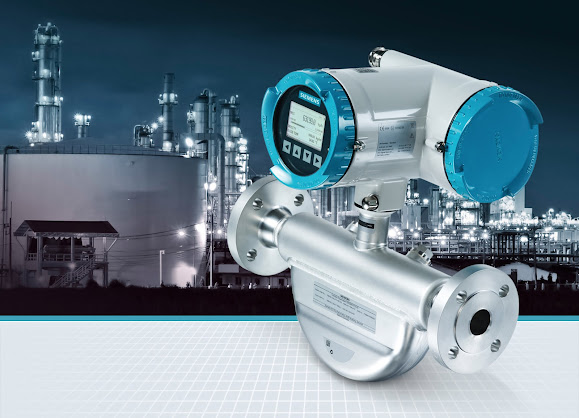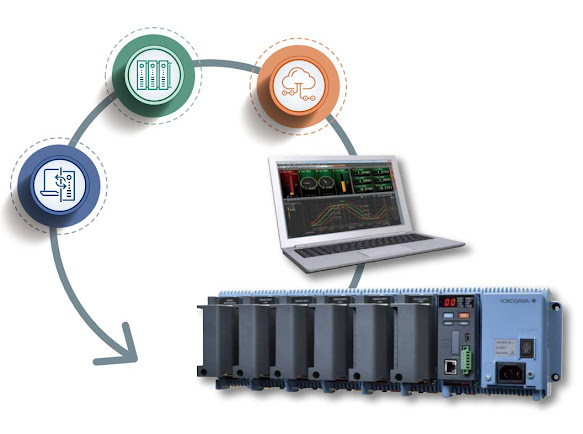Choosing the Right Flow Sensors: A Buyer's Guide
Flow sensors play a crucial role in various industries and applications, facilitating the measurement and control of the flow of liquids and gases.
Selecting the right flow sensor is paramount to ensuring accurate and reliable flow measurements, which ultimately impacts the efficiency and effectiveness of processes.
In this comprehensive buyer's guide, we will delve into the intricacies of best flow sensors, providing valuable insights to aid individuals and businesses in making informed decisions when choosing the most suitable flow sensor for their specific needs.
Understanding Flow Sensors
Flow sensors are devices designed to measure the rate of flow of a fluid or gas within a system. They work by detecting the movement of the fluid and converting it into a measurable output.
The market offers various types of flow sensors, each utilising distinct principles and mechanisms for flow measurement. These include ultrasonic, thermal, and differential pressure sensors, each with its unique advantages and applications.
Factors to Consider
Application Specifics
The choice of flow sensor is heavily influenced by the specific application requirements. Factors such as the type of fluid or gas, flow range, and the presence of any particulates or contaminants are vital considerations when selecting a flow sensor.
Accuracy and Precision
Accuracy and precision are paramount in flow measurement, especially in industries where even minor discrepancies can have significant ramifications. It is essential to prioritise sensors that offer high accuracy and precision to ensure reliable and consistent flow measurements.
Environmental Conditions
Environmental factors such as temperature, pressure, and the presence of corrosive substances can significantly impact the performance of flow sensors. Understanding the environmental conditions in which the sensor will operate is crucial for selecting a sensor that can withstand and perform optimally in such conditions.
Installation and Maintenance
Considerations for installation ease and maintenance requirements are pivotal in the selection process. Opting for flow sensors that are easy to install and maintain can contribute to cost savings and operational efficiency in the long run.
Types of Flow Sensors
Ultrasonic Flow Sensors
Ultrasonic flow sensors utilize ultrasonic waves to measure the velocity of a fluid. They are non-intrusive and ideal for applications where minimal pressure drop and high accuracy are required, such as in the water and wastewater treatment industries.
Thermal Flow Sensors
Thermal flow sensors operate based on the principle of heat transfer from a heated element to a flowing fluid. They are suitable for gas flow measurement and are often chosen for their fast response times and low maintenance requirements.
Differential Pressure Flow Sensors
Differential pressure sensors measure flow by creating a pressure drop across a constriction in the flow path. They are commonly used in applications where high sensitivity and a wide flow range are necessary, making them versatile in various industries.
Budget Considerations
Pricing for flow sensors can vary based on type, brand, and features. While it's essential to consider budget constraints, it's equally important to prioritise the quality and suitability of the sensor for the intended application.
Balancing cost-effectiveness with quality ensures long-term reliability and performance.
Conclusion
Selecting the right flow sensor is a pivotal decision that directly impacts the efficiency and accuracy of flow measurement processes.
By taking into account application specifics, environmental conditions, and budget considerations, individuals and businesses can make informed choices that align with their unique requirements. We encourage readers to reach out for further assistance or information, as we are dedicated to helping you find the perfect flow sensor for your needs.


Comments
Post a Comment